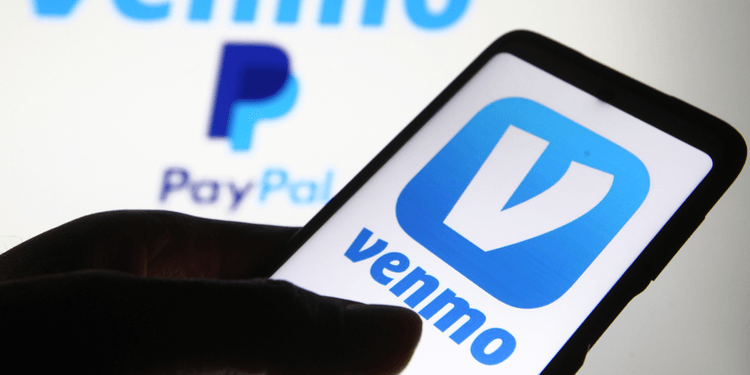- PayPal and Venmo embrace Ethereum Name Service (ENS) to enhance crypto transactions using recognizable names.
- Since 2020, PayPal has been broadening its web3 initiatives and expanding its crypto services.
- However, the market cap of PayPal’s stablecoin, PYUSD, has seen a notable decline, especially on the Solana network.
In an innovative move, PayPal and Venmo have now integrated support for Ethereum Name Service (ENS) domain names. This feature provides US users with a more convenient method of executing cryptocurrency transactions, replacing complicated wallet addresses with human-friendly ENS names.
This integration not only simplifies crypto payments but also aligns with PayPal’s ongoing expansion into web3, which includes their stablecoin, PYUSD.
🚀 We’re excited to announce that @ensdomains is now supported on @PayPal & @Venmo!
This new feature empowers millions by facilitating easier and more secure crypto transfers, starting in the USA.🌐 pic.twitter.com/9hsrhRqEAp
— ens.eth (@ensdomains) September 10, 2024
Simplifying Crypto Transactions for Users of PayPal and Venmo
The addition of Ethereum Name Service (ENS) to PayPal and Venmo signifies a major enhancement in the crypto transaction process.
Historically, transferring cryptocurrencies necessitated inputting lengthy alphanumeric wallet addresses, which often led to mistakes and frustration. With ENS, users can associate their wallet addresses with readable “.eth” domain names, making transactions more straightforward and user-friendly.
Khori Whittaker, Executive Director of ENS Labs, expressed enthusiasm about the collaboration, stating that the goal is to deliver ENS’ naming capabilities to millions of users on Venmo and PayPal.
This integration is designed to alleviate the challenges of managing wallet addresses and minimize the risks of incorrect payments.
Since its inception in 2017, ENS has registered over 4 million domain names, underscoring the rising demand for user-centric solutions in the web3 ecosystem.
PayPal’s Continued Push into Web3
PayPal has been aggressively targeting its web3 initiatives since 2020, when it first enabled users to buy, hold, and sell cryptocurrencies like Bitcoin and Ethereum through a collaboration with Paxos Trust Company.
Venmo followed suit in 2021, providing its users with similar cryptocurrency capabilities.
Alongside the recent ENS integration, PayPal introduced its own stablecoin, PayPal USD (PYUSD), in partnership with Paxos in August 2023, initially available on the Ethereum platform before launching on Solana in May 2024.
PYUSD is backed by US dollar deposits and short-term US Treasuries, maintaining a 1:1 ratio with USD. It’s issued as an ERC-20 token on the Ethereum blockchain while also being integrated into Solana, thus broadening its usage across networks.
Decline in PYUSD Market Cap
Despite early success, with PYUSD’s market cap surpassing $1 billion on August 24, it has recently encountered challenges.
By early September, the market cap of PYUSD had decreased by 17%, particularly affecting its valuation on Solana, where it saw a 21.5% dip to $507.5 million. Meanwhile, its Ethereum deployment remained more stable, with a modest 3% decline to $351.8 million.
This downward trend highlights ongoing efforts by PayPal to establish PYUSD as a reliable stablecoin in the competitive market.
Nonetheless, the integration of ENS into PayPal and Venmo points to a commitment from both companies to enhance user experience and ease cryptocurrency transactions, especially as digital assets gain traction in mainstream finance.




